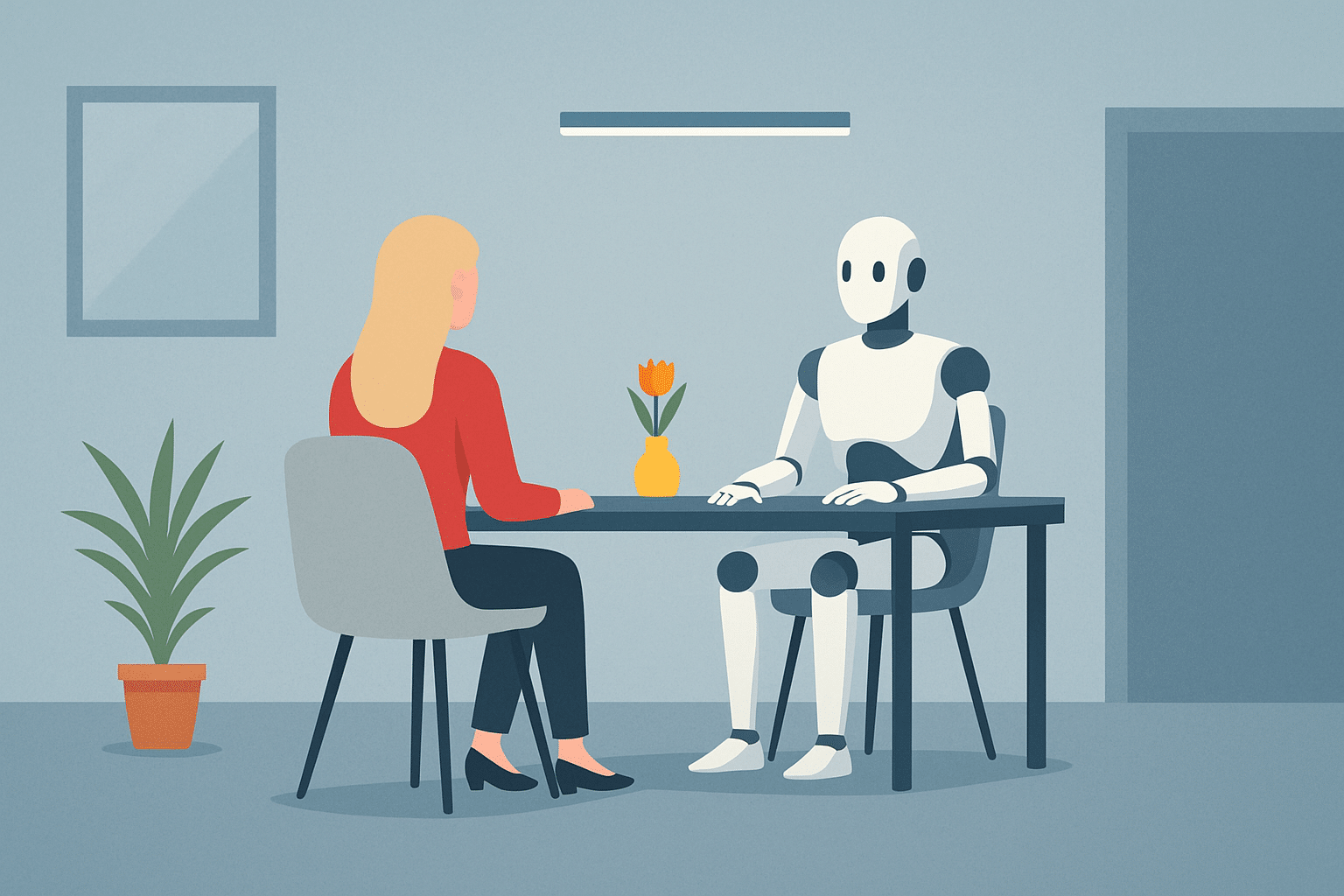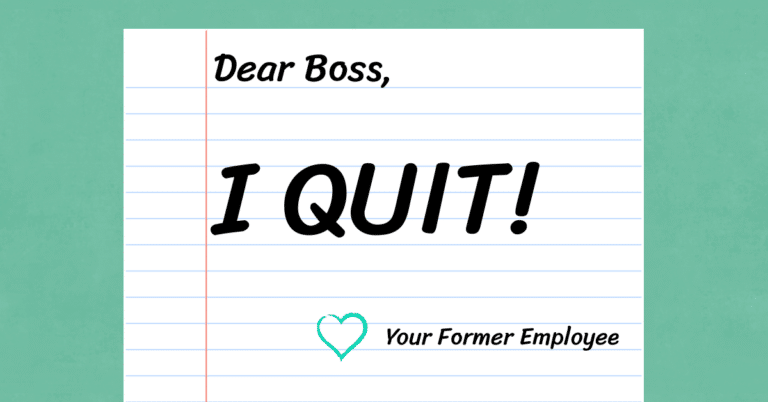As more companies adopt artificial intelligence, many are using it to assist in the hiring process.
AI is now helping employers screen resumes, schedule interviews, and even analyze candidates’ speech patterns and facial expressions in recorded interviews.
For IT job seekers, understanding how AI is being used, and how to work with it, can make the difference between landing the job and never getting in front of a human interviewer.
In this blog post, we’ll explore how AI is changing the interview process and what IT job seekers need to know to navigate it successfully.
How AI Is Changing the Interview Process
Companies are turning to AI to make their hiring processes more efficient. For job seekers, that often means interacting with technology before ever speaking with a recruiter.
Here’s how AI may be part of your interview process:
- Resume Screening – Applicant tracking systems (ATS) powered by AI scan resumes for keywords, skills, and formatting cues to decide who moves forward.
- Automated Scheduling – Chatbots and AI platforms set up interviews without any human involvement.
- Video Interview Analysis – Some companies use AI to evaluate tone, pace, and even facial expressions during recorded responses.
With AI involved in so many early steps, your first impression may be formed before a hiring manager even sees your name.
Optimizing Your Resume for AI Screening
Because many resumes are now screened by AI before anyone at the company sees them, how your resume is written and formatted is critical.
Here are some helpful tips:
- Match keywords from the job description naturally. Attempting to cram in too many can backfire if the AI flags it as unnatural.
- Keep the format simple with standard headings like “Experience” and “Education.” Avoid tables, images, and decorative fonts that can confuse applicant tracking systems.
- Call out technical skills and certifications in their own section so they’re easy for AI to find and recognize.
If the AI can’t read your resume, the recruiter or hiring manager probably won’t either.
Preparing for AI-Driven Video Interviews
Some companies are now using AI to evaluate pre-recorded video interviews. It can feel a little impersonal, but there are ways to make sure you still come across clearly:
- Treat it like a live interview. Dress professionally, pick a quiet, well-lit space, and look into the camera to simulate eye contact.
- Practice with AI or video mock interview tools to get comfortable speaking to a camera.
- Keep your pace and enunciation clear. AI can misinterpret rushed or unclear speech.
Even without a live audience, the way you present yourself can make a big difference.
AI is changing how companies hire, but it hasn’t replaced the need for human connection – it just adds a few extra steps along the way.
For IT job seekers, success comes from preparing thoughtfully for AI-based screenings and interviews, just as you would for in-person meetings. Understanding how these tools work and adjusting your approach can help ensure your skills and personality shine through.







